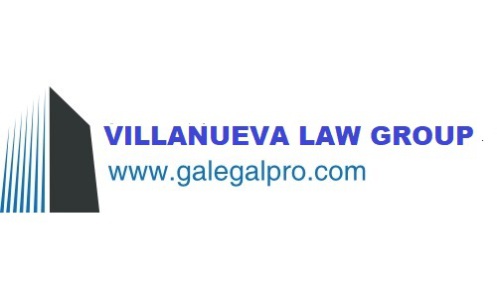Bankruptcy Law
Bankruptcy Law provides a legal method for an individual or commercial enterprise (business) to either wipe out (discharge) the debts by
liquidating assets and distributing them among creditors or resolve them by developing a court-approved reorganization plan, or other plan involving the repayment of creditors over
time.
The primary purposes of bankruptcy laws are to relieve honest individual and commercial enterprise debtors from indebtedness and to provide
them with a fresh start. Title 11 of the United States Code (the bankruptcy code) regulates the bankruptcy proceedings, including what chapter under which a debtor may file, what bills can be
eliminated, how long payments may be extended, what possessions can be kept, and all other details concerning the bankruptcy. If the debtor initiates the bankruptcy it is called a voluntary
bankruptcy. If the creditor initiates the bankruptcy it is called an involuntary bankruptcy.
Bankruptcy Proceedings
There are two basic types of bankruptcy proceedings: liquidation under Chapter 7 and debtor rehabilitation involving a court-approved plan
of reorganization and payment of the debts over a period of time using future earnings under Chapters 9, 11, 12 and 13. The following gives general information on the five chapters of bankruptcy
under which the debtor may possibly file:
Chapter 7 - informally called "straight bankruptcy," is a liquidation bankruptcy proceeding. The debtor turns over all non-exempt property (assets) to the bankruptcy
trustee who then converts it to cash for distribution among the creditors. At the end of the proceeding the debtor receives a discharge of indebtedness (discharge notice) for all dischargeable debts,
releasing him or her from personal liability for those debts.
Chapter 9 - Adjustment of Debts for a Municipality - is a federal mechanism for the resolution of municipal debts passed by Congress about 60 years ago. This form is
similar to reorganization under Chapter 11, but it's only available to municipalities. Municipalities include cities and towns, as well as villages, counties, taxing districts, municipal utilities,
and school districts.
Chapter 11 - Reorganization - is normally the chapter under which commercial enterprises (businesses) file. This allows the business to continue its operations while
repaying creditors concurrently through a court-approved plan of reorganization.
Chapter 12 - Adjustment of Debts of a Family Farmer with Regular Annual Income - provides debt relief to family farmers. Chapter 12
proceedings are very similar to those of Chapter 13 where the debtor proposes a plan to repay debts over a period of up to three years, unless the court approves a longer period, no more than five
years.
Chapter 13 - Adjustment of Debts of an Individual with Regular Annual Income - provides debt relief for individuals (consumers). Chapter 13 differs from Chapter 7 in the
respect that it enables the debtor to keep valuable assets, like a house, while making payments to creditors (through the trustee) based on the debtor's anticipated income over the life of the plan,
usually three to five years. At a confirmation hearing, the court either approves or disapproves the plan, depending on whether the plan meets the Bankruptcy Code's requirements for
confirmation.
Have questions or would like to make an appointment? Call us at 770 220-0818 or use our contact form.






